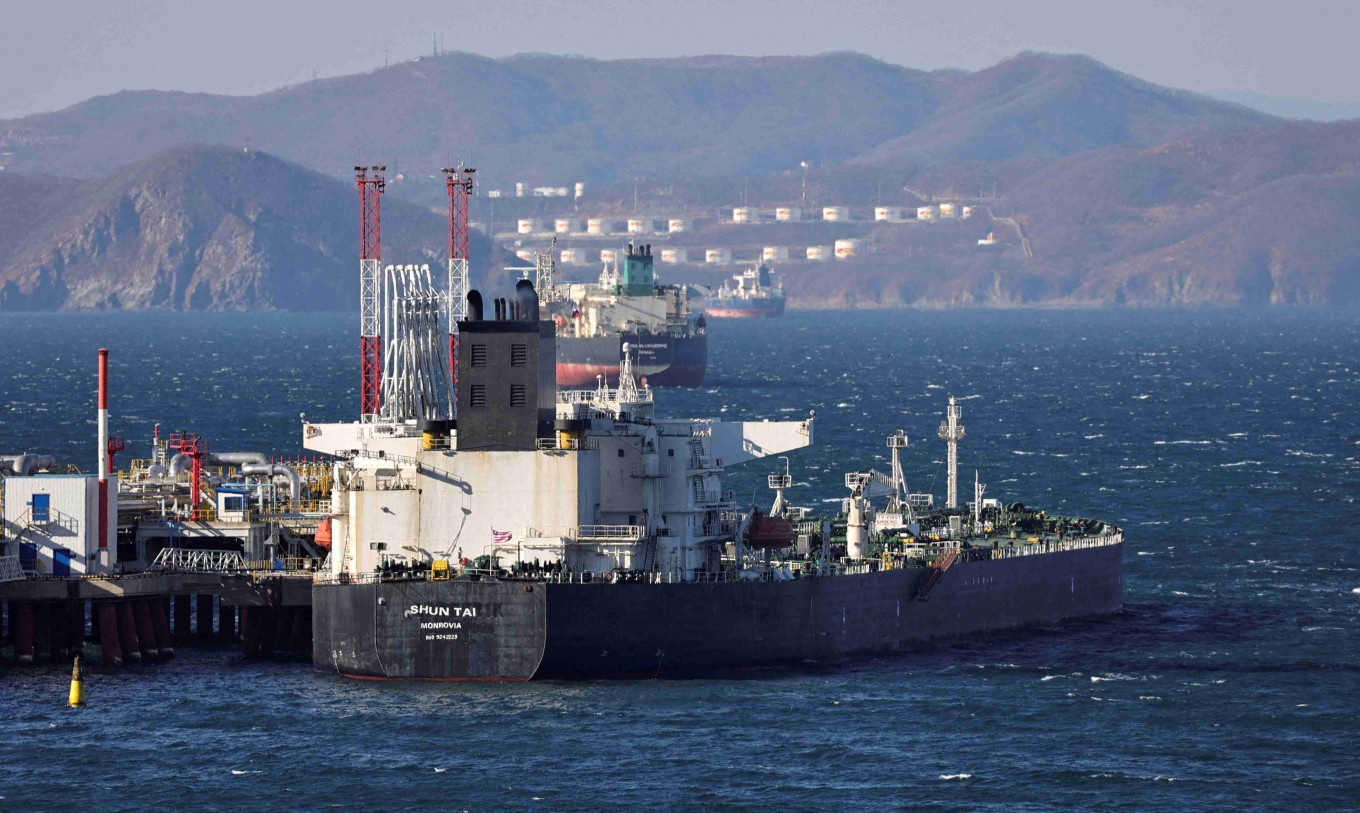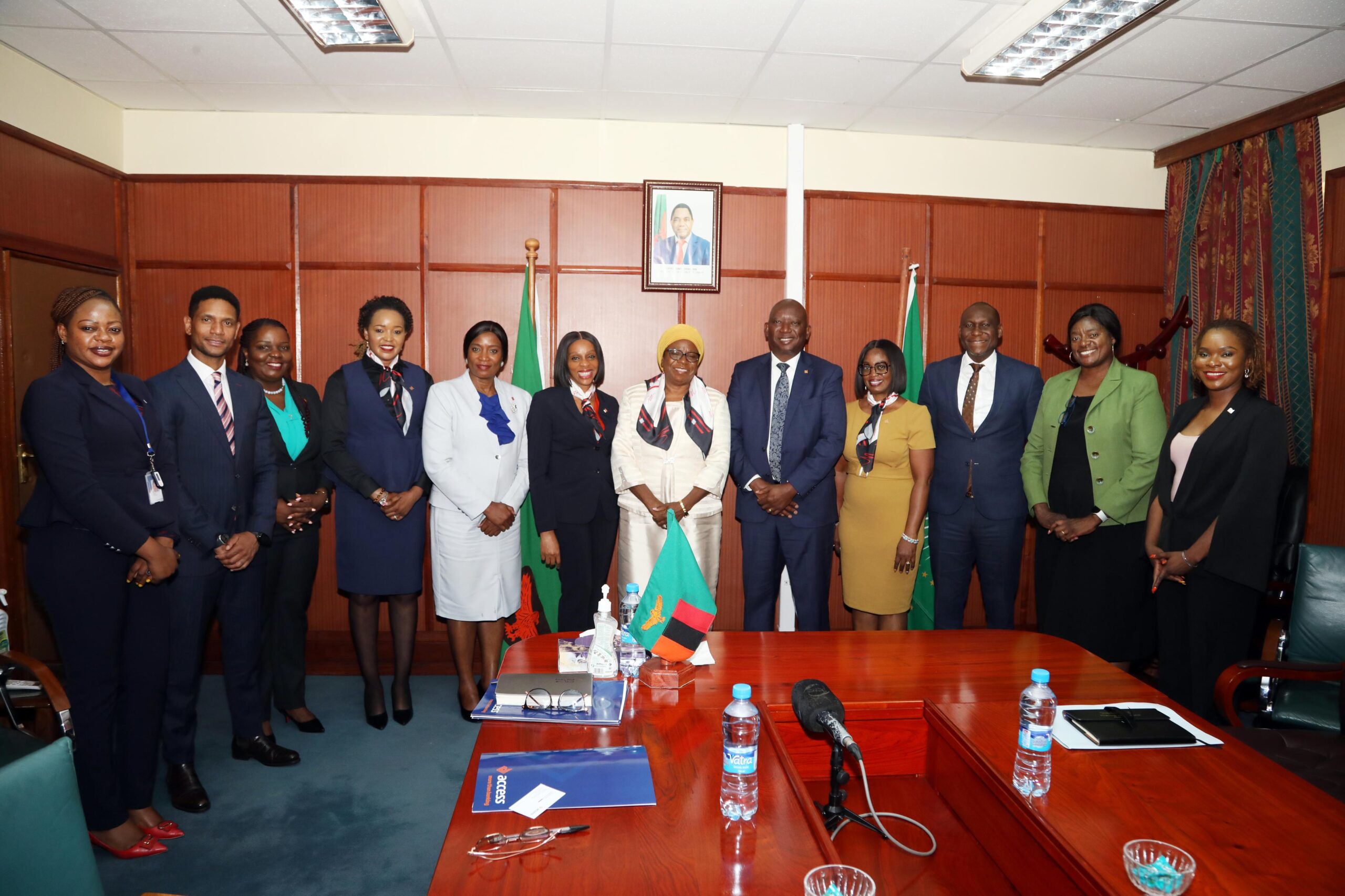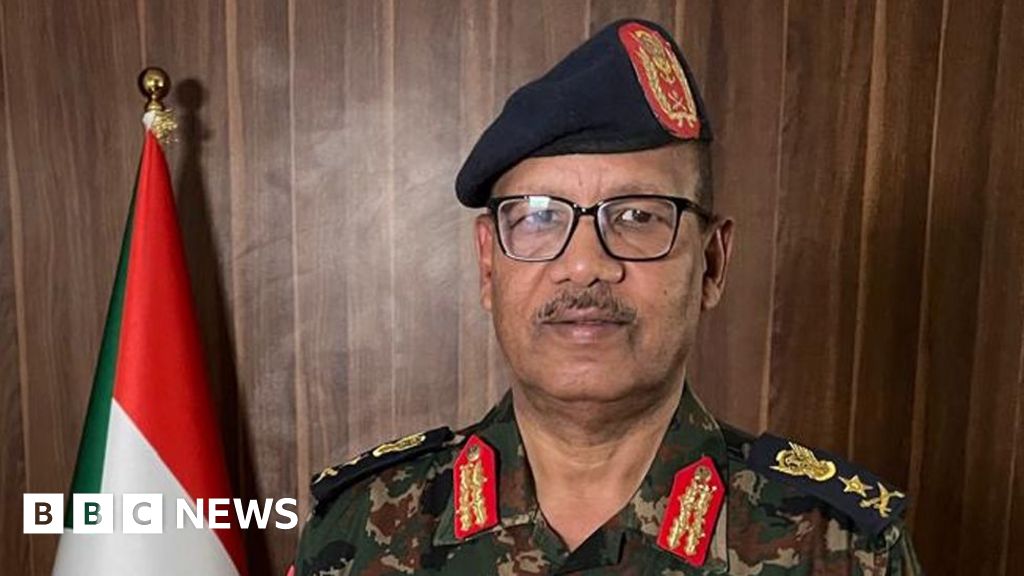Place your adverts here on InfoDig @ low rates; banner ads, sponsored links and guest articles etc. Contact us
The first part of this article made a case for medium- to long-term economic and social planning and took the position that the bane of economic planning and development in Nigeria has been a lack of consistent medium- to long-term planning, and then canvassed for a 30-year long-term or perspective plan that will usher Nigeria into the realm of industrialised and developed nations. The article mentioned highly populated Asian countries like Indonesia, India, and China that are making irreversible strides in this direction—particularly China, which grew the size of its economy 61-fold from $306 billion in 1980 to $18.533 trillion in 2024 (not 2014, as regrettably stated in last week’s article, due to a typographical error). The purpose of the present article is to briefly outline how this ambitious but realisable plan can be achieved.
Read also: What Nigerian dream should be -Sanni
To be certain, Nigeria already has a ‘30-year long-term plan,’ the “Nigeria Agenda 2050 (NA2050).”” The problem is that the brilliantly thought-out 242-page blueprint is literally dead on arrival. It is not being implemented. Besides, it is my view that NA 2050 is not sufficiently transformative because the technocrats who produced it were careful not to be too audacious to ruffle feathers.
Some of the key targets of NA2050 are an average real gross domestic product (GDP) growth rate of 7 percent and nominal GDP of $11.7 trillion by 2050; and per capita income of $33,328 by 2050. The plan was to be implemented through six 5-year-medium-term national development plans (MTNDPs).
The plan document has 25 chapters dealing with economic and social sectors/issues and provides general policy guidelines for achieving overall plan targets and objectives, but fails to commit the political leadership to international and regional benchmarks for funding, for example, education, health, and agriculture, to achieve sustainable and rapid development that can give poverty a decisive blow and rapidly transform the Nigerian economy to achieve ambitious growth targets. For example, the plan document puts Nigeria’s adult literacy at 62 percent, which was less than the Sub-Saharan Africa average of 66 percent, and per capita power consumption in Nigeria in 2019 at 144 kwh, compared to 351 kwh in Ghana, 4,200 in South Africa, and 6,022 kwh in the EU, without recommending focused and aggressive strategies to transform the situation. On the whole, NA2050 was the result of brilliant and commendable effort by national planning technocrats expending thousands of professional man-hours. However, the absence of political commitment to plan implementation is palpable even in the plan document, which explains why in the third or fourth year of the life of NA2050, the plan document is literally gathering dust on the shelf because Nigeria Development Plan 2021-2025, the first of the six 5-year component plans, has never been implemented.
“On the whole, NA2050 was the result of brilliant and commendable effort by national planning technocrats expending thousands of professional man-hours.”
The foregoing is the basis for proposing a “30-year transformative perspective plan” that will not only make Nigeria an upper middle-income country but a truly industrialised economy. It will require the review and updating of the perspective plan from NA2050 to NA2055, with a greater emphasis not just on GDP growth but on transforming lives and mainstreaming the 17 United Nations Sustainable Development Goals (SDGs), with clear political commitments written into the plan document, for example, to allocate a minimum of 20 percent of the annual budget to education by all tiers of government in Nigeria over a sustained period of time like the Asian Tigers (Hong Kong, Singapore, South Korea, and Taiwan) did. The UNESCO benchmark is 26 percent. Furthermore, all three tiers of government in Nigeria should also commit to implementing the Abuja Declaration on Health, which requires African governments to commit 15 percent of annual budgets to the health sector, as well as committing to implementing the 10 percent budgetary allocation to agriculture as recommended by the Comprehensive Africa Agricultural Development Programme (CAADP) of the African Union. NA2055 should be driven by focused and unequivocal economic policy reforms anchored on privatisation and deregulation—with special emphasis on reform of oil and gas and electric power sectors—and a broad-based and far-reaching adoption of digital technology, especially the 4th Industrial Revolution applications like artificial intelligence (AI), robotics, the Internet of Things (IoT), and blockchain technology, among others, to various sectors of the Nigerian economy to leapfrog the economy to a 21st century economy. Nigeria should also adopt the Chinese model of Special Economic Zones (SEZs).
Read also: Region-specific approach required to resolve Nigeria’s insecurity crisis
Chapter 20 of the NA2050 document deals extensively with issues of environmental degradation, climate change, net-zero emission challenges, renewable energy, among others and recommends many innovative remediation strategies. A further step should be taken to write political commitments into the proposed amended/updated NA2055 for the implementation of these strategies, along with the resolutions of the 2023 United Nations Climate Change Conference – COP28 – in Dubai and resolutions of subsequent climate change conferences. NA 2055 should also be closely aligned with the key objectives of Agenda 2063, the African Union’s 50 year perspective plan for Africa, terminating in 2063.
The overall purpose of this article is not to discredit NA2050 but to draw attention to its existence, update it, and insert political commitments into its implementation by all three tiers of government. Political reforms that will institutionalise good governance will be necessary, as is clearly and sufficiently elaborated upon in NA2050. Without political reforms that will ensure good governance, accountability, and transparency, it will be difficult to secure the necessary political commitment that will drive the realisation of the ambitious vision of the proposed Nigeria Agenda 2055—a truly transformative 30-year perspective plan that will usher Nigeria into the club of industrialised nations by 2055. For inspiration, most of the developments that transformed Dubai into a global commercial hub and bustling metropolis started in the 1980s/1990s.
Mr Igbinoba is Team Lead/CEO at ProServe Options Consulting, Lagos.

 2 hours ago
36
2 hours ago
36














 English (US) ·
English (US) ·